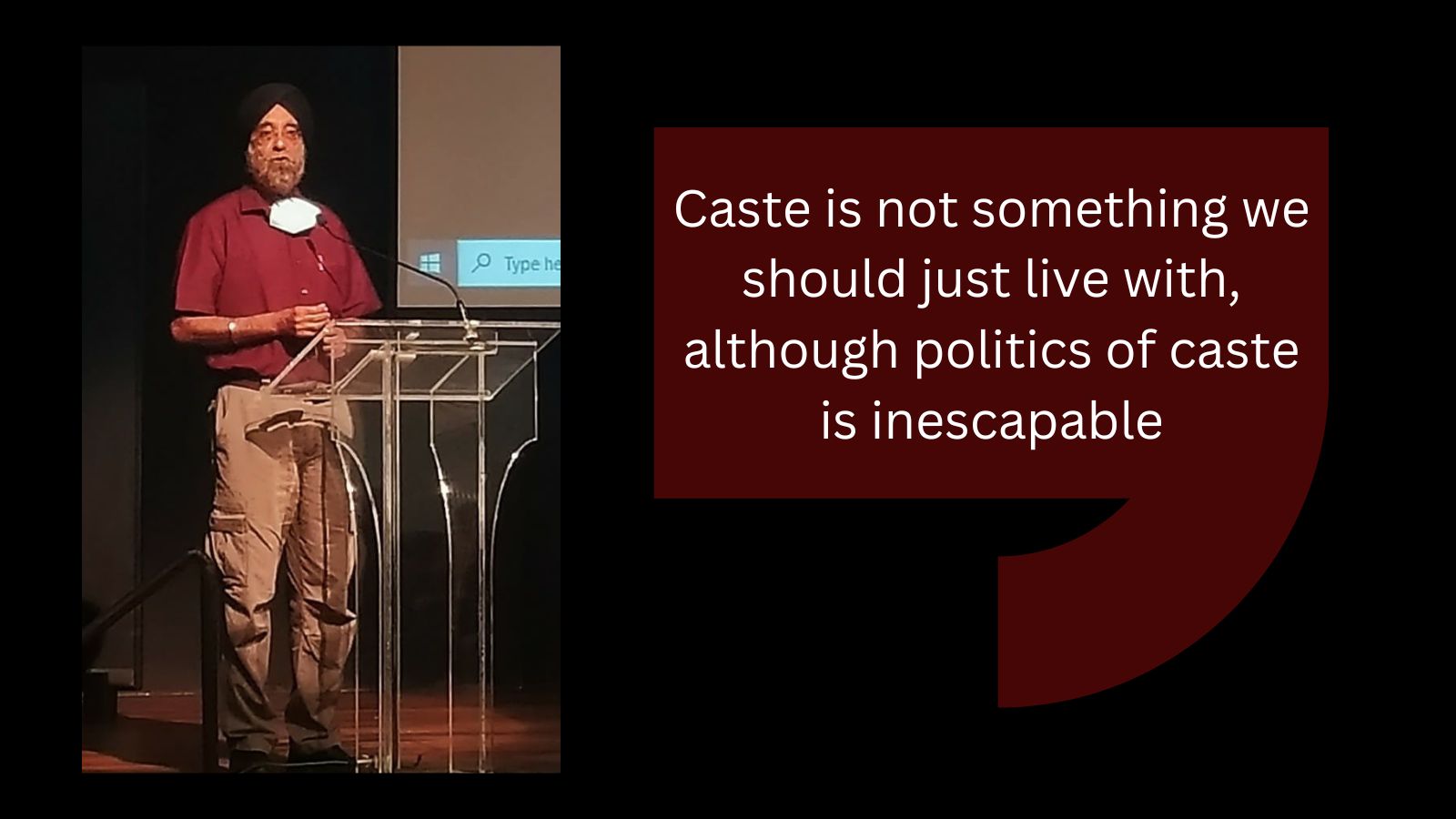Tanushka Dutta
10:12
10:13
10:13
10:14
10:14
10:15
10:16
10:17
10:17
10:17
10:17
10:18
10:19
10:19
10:22
10:23
10:25
10:28
10:28
10:29
10:30
10:31
10:36
10:37
10:39
10:39
10:40
10:41
10:41
10:43
10:44
10:44
10:45
10:46
10:47
10:51
10:51
10:52
10:53
10:53
Connecting…

